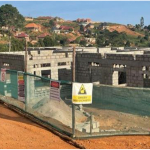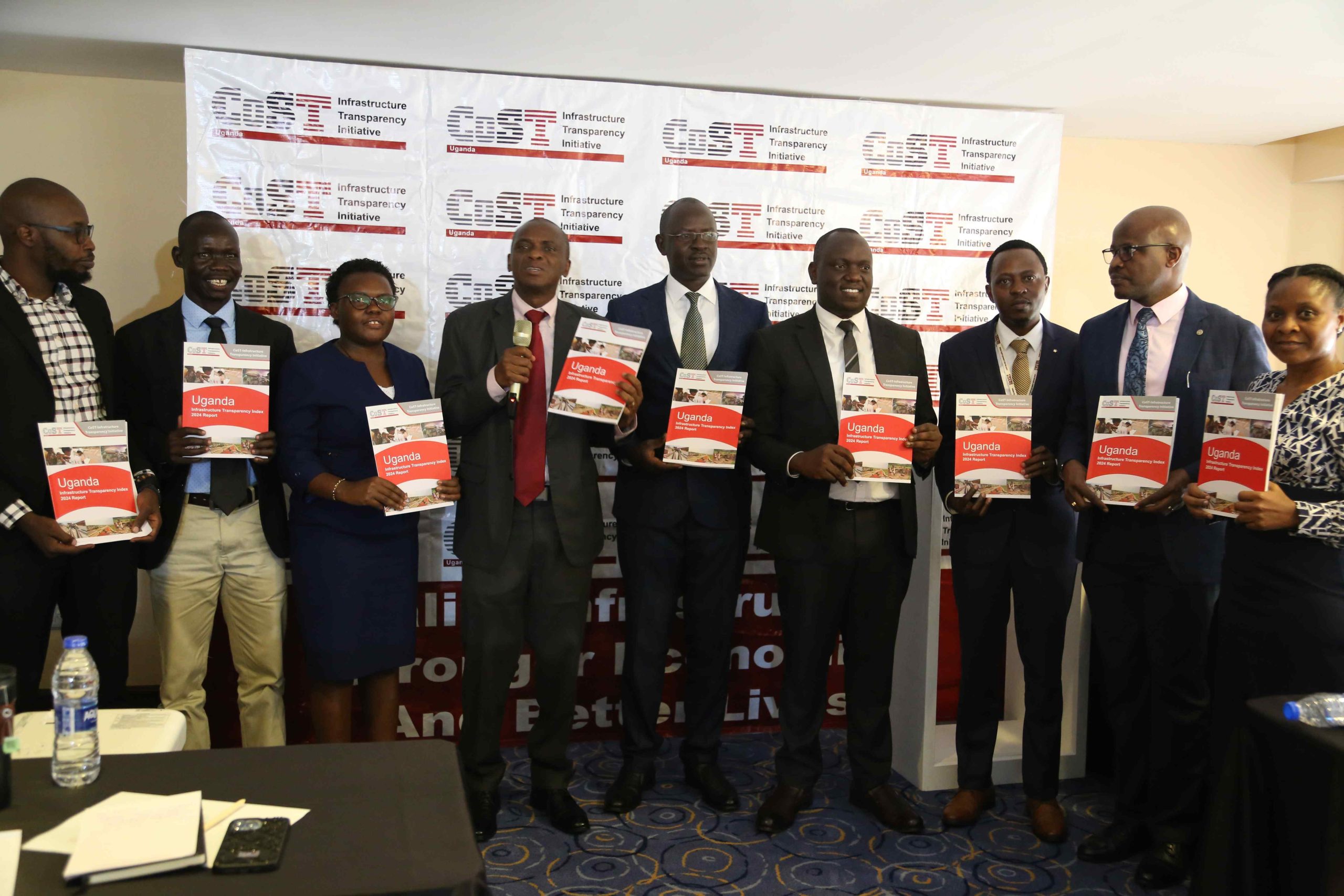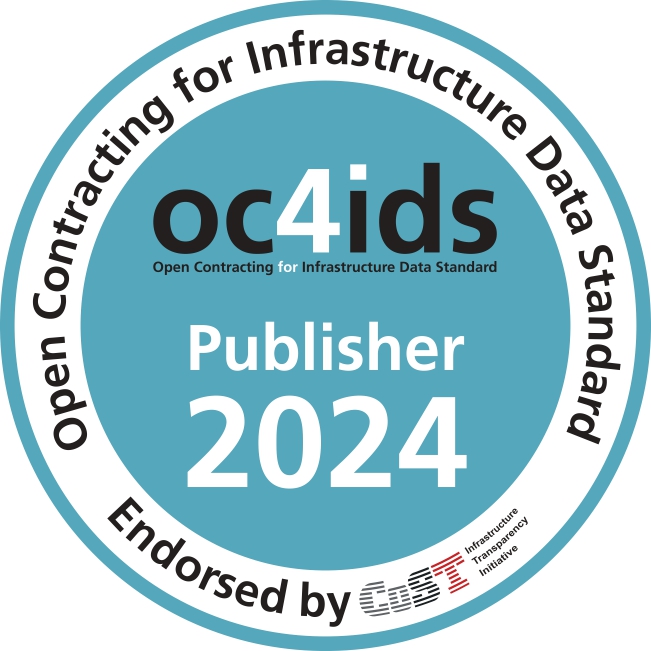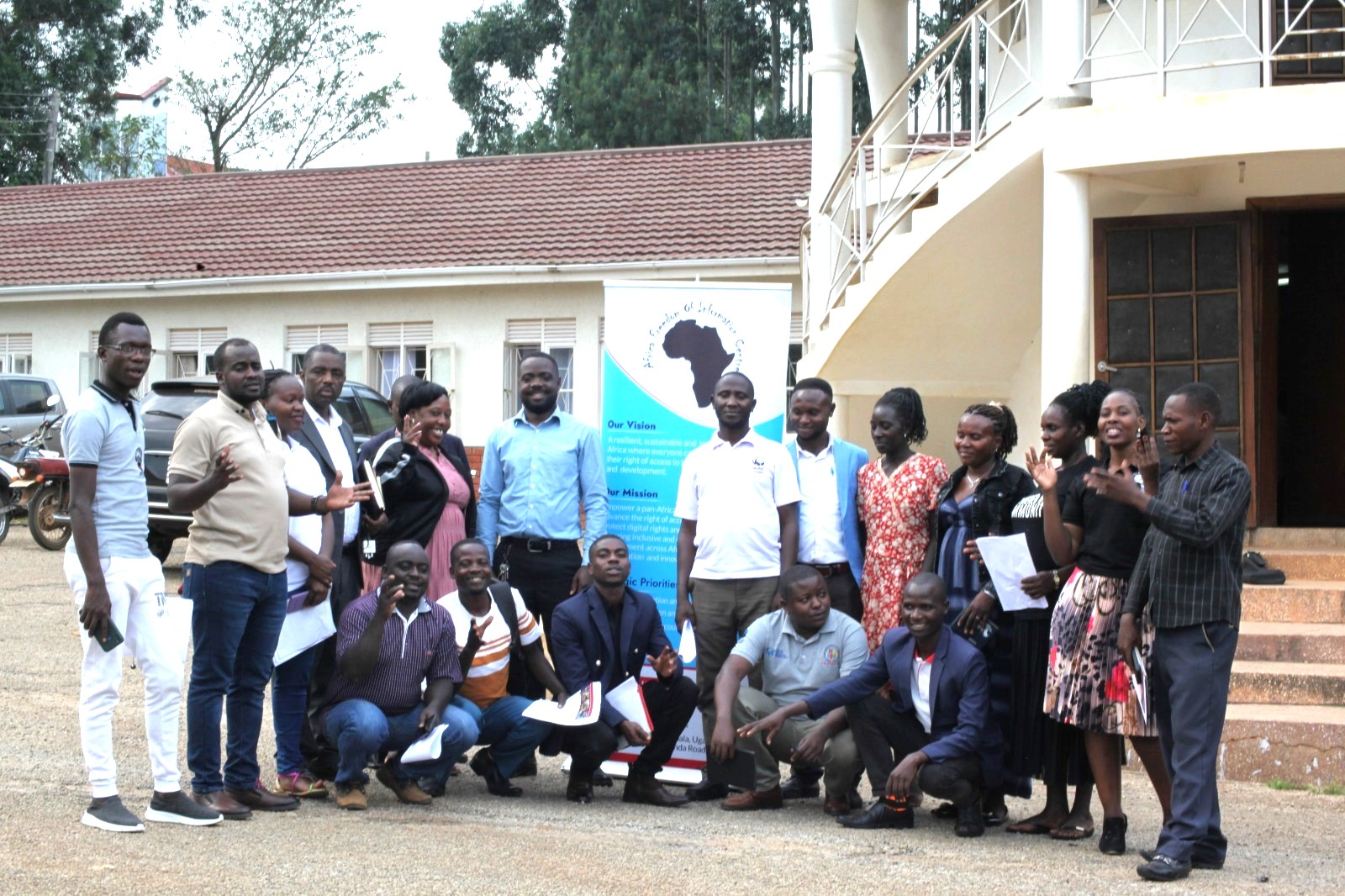
CoST Uganda on the power of information. The right to access to information is a fundamental human rights issue, recognized by international conventions, covenants, treaties, and declarations. Information is necessary to facilitate the participation and involvement of stakeholders in development processes. It must flow like blood in our body, which facilitates proper body functioning, when it stops the whole body collapses.
In Uganda, the legal basis emanating from Art 41 of the Constitution provides citizens access to public information and to operationalize this provision of the Constitution, the Access to Information Act 2005 was enacted. This Act gives the public procedures through which public information can be accessed and used in the most responsible manner especially to stimulate participation in development processes in public procurement.
To regulate public procurement, the government enacted the Public Procurement and Disposal of Public Asset Authority Act, 2003 in line with the decentralization policy of 1993. Within the PPDA Act, 2003 as amended, Sect (43), ensures the application of the basic principles of public procurement and disposal which emphasize (a) non-discrimination; (b) transparency, accountability, and fairness; (c) maximization of competition and ensuring value for money; (d) confidentiality; (e) economy and efficiency; and (f) promotion of ethics. To achieve this, access to procurement information is very pivotal.
The practice in most procuring and disposing entities is still challenging and that necessitates more technical backstopping by the regulator (PPDA). First by understanding the real challenges, secondly, by applying the regulation to enforce compliance by PDEs. Issuing and amending guidelines to guide the procurement process is pivotal, to designing mechanisms to promote disclosure. The PPDA indeed developed and operationalized the GPP to promote disclosure of procurement information for easy performance monitoring, and provide easy access to information by the public to facilitate their participation. Most importantly, the guidelines on involvement and participation of the interest groups (youth, people with disabilities, and women) are paramount for inclusive public procurement and equitable sharing of economic opportunities.
CoST Uganda Programme joined the struggle to promote infrastructure transparency by introducing four core features Disclosure, Assurance process, Multi-stakeholders Working, and Social Accountability and each of these features feeds into the other. So far through the Assurance process, scoping study, and Infrastructure Transparency Index, CoST Uganda has provided a number of recommendations to government entities to increase disclosure of infrastructure project data which is incrementally promoting transparency and participation of citizens in public procurement processes.
The data analytical studies conducted by CoST Uganda recently (July 2023) reveal UNRA’s increased its performance in attracting bidders per tender as compared to their performance in 3rd and 4th assurance processes. The disclosure of infrastructure project data is based on the Infrastructure Data Standard (IDS). CoST promotes the disclosure of infrastructure project data in both proactive and reactive disclosure.
Trends from the 5 assurance processes, proactive disclosure is continuously increasing for project assured and from the sampled entities in each study. Good to note, is that the Mult-stakeholder working is critical for building public trust and confidence in the delivery of infrastructure projects. This is because it facilitates transparency and accountability which harness citizens’ ownership and sustainability of infrastructure projects.
To strengthen further access to public procurement by citizens, it’s prudent that the digitalization of procurement processes cannot be under look. Evidence now shows that the government has adopted digitizing its system. For instance, there is a government procurement portal (GPP) in use by procuring and disposing entities. Electronic government procurement (EGP) was launched one year ago. All these platforms allow easy access to information on public procurement but limited to entities that have so far been registered in these digital systems.
As a way of strengthening this process further, CoST Uganda developed an analytical dashboard that is complementary to the two government digital systems highlighted above. The call to action here is that there must be a free flow of information on public procurement for infrastructure projects to allow both women-led businesses and other companies to participate in bidding for tenders.
To achieve this, a robust digitalization of government should be embraced and supported by all stakeholders in Uganda. Upgrading of district website to align it with Open Contracting for Infrastructure Data Standard (OC4IDS) and other international standards and innovation.
The time is now, let’s embrace digital government. https://analytics.cost.or.ug/explore/overview



